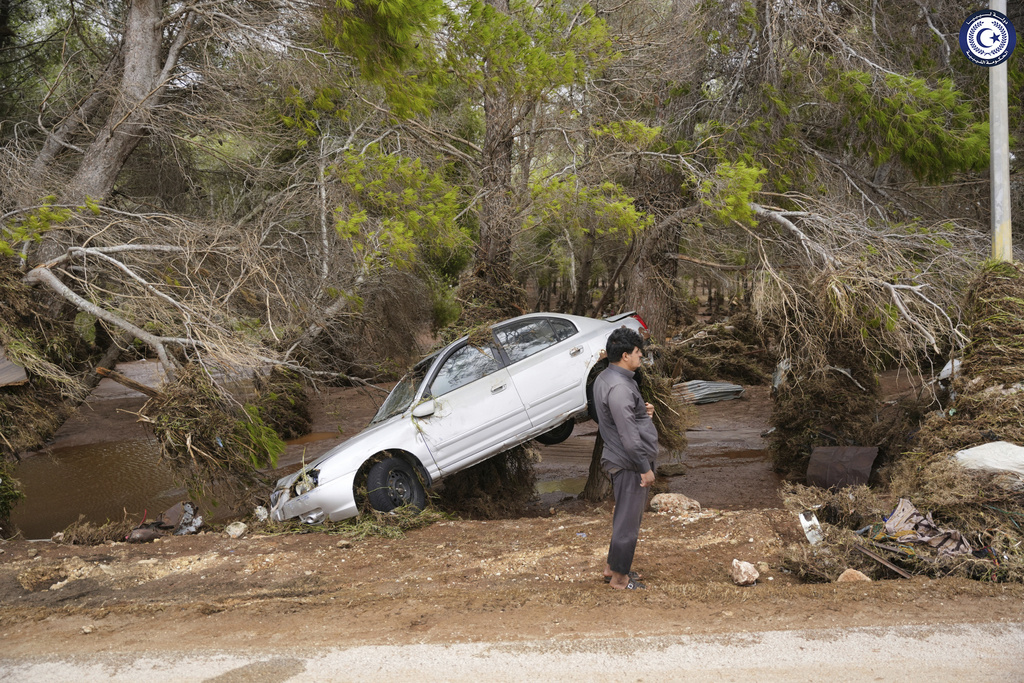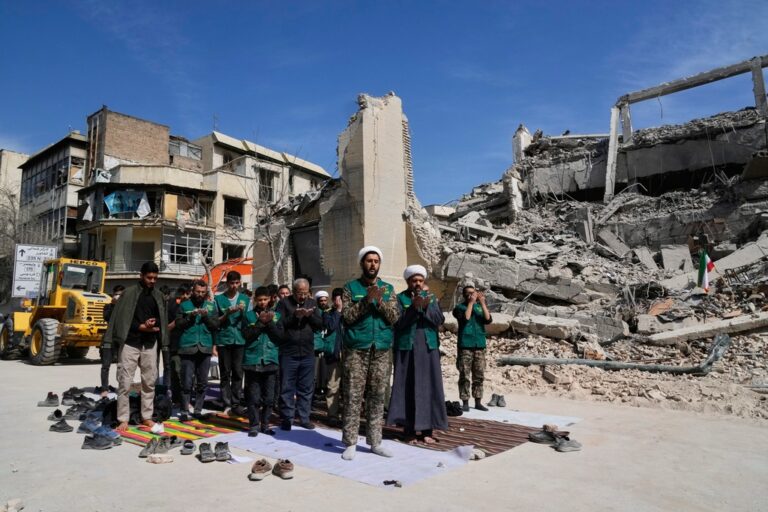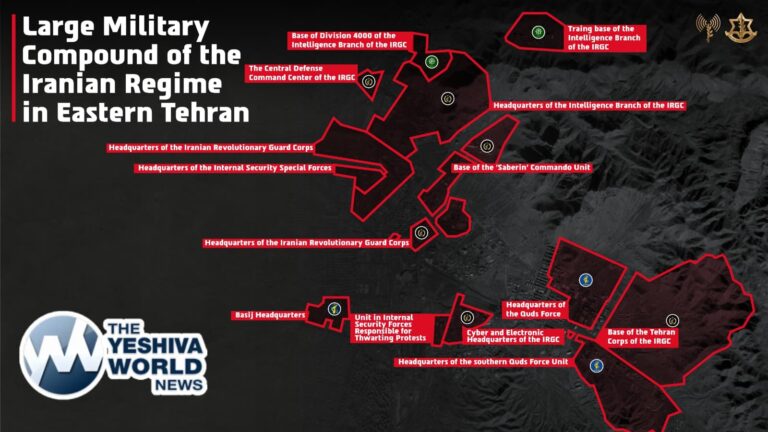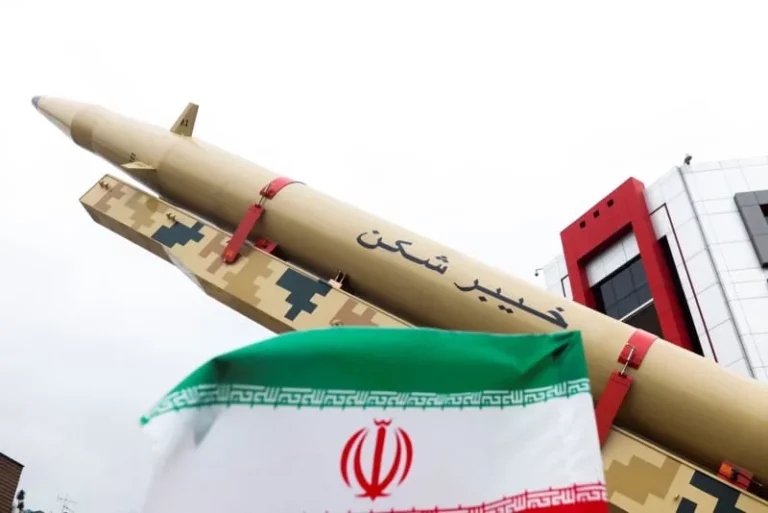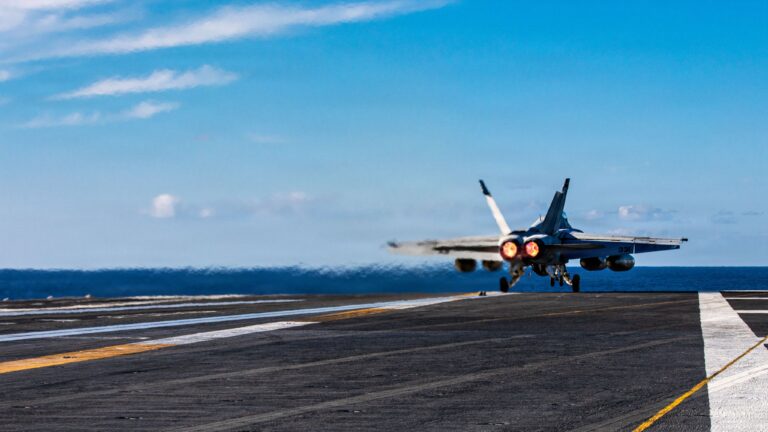Emergency workers uncovered hundreds of bodies as they dug through the wreckage of Libya’s eastern city of Derna on Tuesday, and 10,000 people were reported still missing after floodwaters broke through dams and smashed through the city, washing away entire neighborhoods.
At least 700 recovered bodies have been buried so far, the health minister for eastern Libya said. Derna’s ambulance authority put the current death toll at 2,300.
But the toll is likely to be far higher, in the thousands, said Tamer Ramadan, Libya envoy for the International Federation of Red Cross and Red Crescent Societies. He told a U.N. briefing in Geneva via videoconference from Tunisia that at least 10,000 people were still missing.
The situation in Libya was “as devastating as the situation in Morocco,” Ramadan said, referring to the deadly earthquake that hit near the city of Marrakesh on Friday night.
The destruction came to Derna and other parts of eastern Libya on Sunday night, when Mediterranean storm Daniel pounded the coast. Residents said they heard loud explosions and realized that dams outside the city had collapsed, unleashing flash floods down Wadi Derna, a river running from the mountains through the city and into the sea.
The wall of water sweeping through Derna “erased everything in its way,” said one resident, Ahmed Abdalla.
Videos posted online by residents showed large swaths of mud and wreckage where the raging waters had swept away the residential neighborhoods on both banks of the river. Multi-story apartment buildings that once were well back from the river had facades ripped away and concrete floors collapsed. Cars lifted by the water were left dumped on top of each other.
Residents in the city of some 90,000 were on their own in the immediate aftermath of the disaster, with authorities in eastern Libya saying they were unable to reach Derna. On Tuesday, most of the eastern government had arrived in the city.
Local emergency responders, including troops, government workers, volunteers and residents were digging through rubble to recover the dead. They also used inflatable boats to retrieve bodies from the water.
Footage showed dozens of bodies covered by blankets laid out in the yard of a hospital in Derna. Many bodies were believed trapped under rubble or had been washed out into the Mediterranean Sea, said eastern Libya’s health minister, Othman Abduljaleel.
“We were stunned by the amount of destruction … the tragedy is very significant, and beyond the capacity of Derna and the government,” Abduljaleel told The Associated Press on the phone from Derna.
Red Crescent teams from other parts of Libya also arrived in Derna on Tuesday morning but extra excavators and other equipment had yet to get there, hampered in part by cutoff and destroyed roads.
Authorities said two dams on Wadi Derna had collapsed, underscoring the weakness of Libya’s infrastructure after more than a decade of chaos. The oil-rich nation remains divided between two rival administrations: one in the east and one in the west, each backed by different militias and foreign governments.
Derna is controlled by the forces of military commander Khalifa Hifter, the strongman of the east Libya government, based in Benghazi.
Local authorities have neglected Derna for years, often discussing developing it but never acting, said Jalel Harchaoui, an associate fellow specializing in Libya at the London-based Royal United Services Institute for Defence and Security Studies.
“Even the maintenance aspect was simply absent. Everything kept being delayed,” he said.
Aid also began to come into a staging ground in Benghazi, 250 kilometers (150 miles) west of Derna. Egyptian military officials arrived in Benghazi along with a rescue team and helicopters. The Tripoli-based government of western Libya sent a plane with 14 tons of medical supplies and health workers to Benghazi.
U.S. Special Envoy for Libya Richard Norland said on X platform, formerly known as Twitter, that the United States is coordinating with the United Nations and local authorities to assess how best to target official U.S. assistance. Tunisia, Algeria, Turkey, and the United Arab Emirates also promised help for search and rescue efforts.
The storm hit other areas in eastern Libya, including the town of Bayda, where about 50 people were reported dead. The Medical Center of Bayda, the main hospital, was flooded and patients had to be evacuated, according to footage shared by the center on Facebook.
Other towns that suffered, included Susa, Marj and Shahatt, according to the government. Hundreds of families were displaced and took shelter in schools and other government buildings in the city of Benghazi and elsewhere in eastern Libya.
Northeast Libya is one of the country’s most fertile and green regions. The Jabal al-Akhdar area — where Bayda, Marj and Shahatt are located — has one of the country’s highest average annual rainfalls, according to the World Bank.
Known for its white-painted houses and palm gardens, Derna was largely built by Italy when Libya was under Italian occupation in the first half of the 20th century. The city was once a hub for extremist groups in the yearslong chaos that followed the NATO-backed uprising that toppled and killed longtime dictator Moammar Gadhafi in 2011.
(AP)

